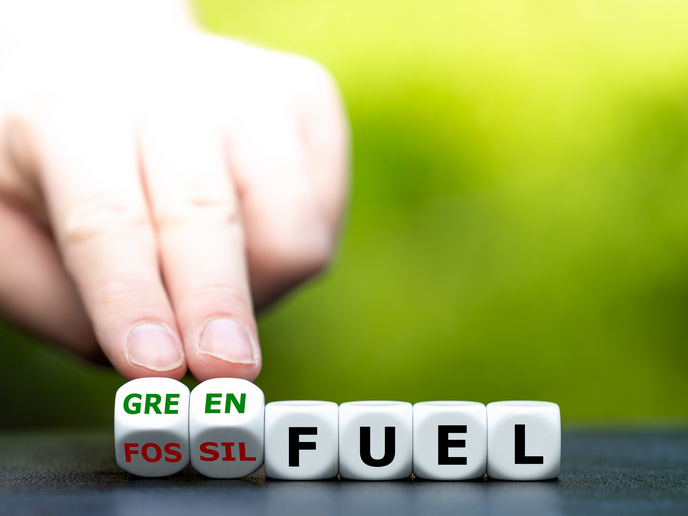Novel processes extract valuable compounds from mushroom waste
In most cases, only a portion of a crop’s total biomass actually becomes food. The remainder becomes agricultural waste, of which Europe produces vast quantities. Some is reclaimed for low-value applications such as composting, biogas production, or burning for heat. Yet certain kinds of agricultural waste contain substances that can be put to more profitable use. The EU-funded FUNGUSCHAIN(opens in new window) project developed a set of new chemical/industrial processes that extract such substances from mushroom waste. In addition to proteins, this waste contains specific ingredients – chitin(opens in new window), and several types of the sugar known as glucan . These compounds are the starting point for making further organic substances used for numerous applications. FUNGUSCHAIN received funding from the Bio-based Industries Joint Undertaking, a public-private partnership between the EU and industry. The team validated and demonstrated the highly innovative new extraction procedures at a custom-built biorefinery. This facility was a significant achievement in itself, the first of its kind. Project researchers also proved the profitability of the new approach.
Cascading industrial processes
The new FUNGUSCHAIN chemical processes(opens in new window) are sequential, or – in the terminology of industrial chemistry – cascading. Starting with the ingredients recovered from mushroom waste, FUNGUSCHAIN created a chain of value-added substances. “We have developed a flexible, scalable method using cost-effective and environmentally friendly extraction procedures,” explains Dr Bart van der Burg, project coordinator. “This is to the benefit of the environment, but importantly it creates an economic incentive to employ the method at commercial scale.” Among the resulting products is a high-protein powder used for (vegan) food supplements. Other food applications include the use of lipids(opens in new window) and beta-glucans(opens in new window) in functional foods (those having additives to improve health to combat metabolic disease). Researchers also created a substance known as chitosan, using the chitin in mushroom residue. This organic antioxidant can replace fossil fuel based antioxidants as a preservative in natural cosmetics. A second antioxidant made from glucans was also created by the team, which is used in the production of bioplastic films. Not only are such plastics biodegradable, but they also completely eliminate the petroleum source. Several other compounds obtained from mushroom residue also contribute to the manufacture of recyclable bioplastics.
Improved bio-based circularity
The project’s developments improve circularity in the bio-based economy, allowing certain products to be almost endlessly manufactured and recycled. Instead of utilising agricultural waste for low-value purposes, now the industry can reclaim valuable components and use them to sustainably manufacture a range of profitable products. As a bonus, some such products replace those sourced from fossil fuels, adding to the sustainability of this new industry. FUNGUSCHAIN researchers will soon begin examining ways to expand the value-creation processes. “We will be looking for opportunities to exploit the basic approaches we have developed using other sources of biomass,” concludes van der Burg.







